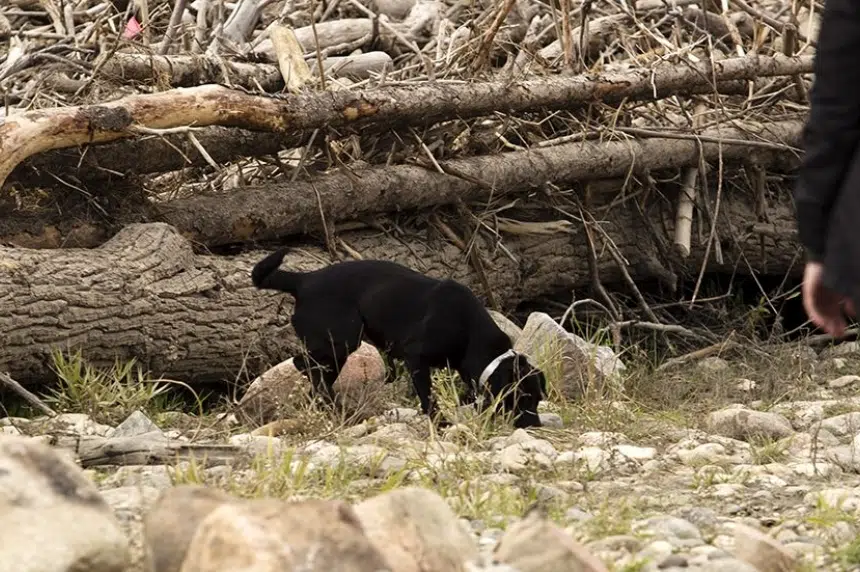A University of Saskatchewan veterinary professor is sounding the alarm over a potentially deadly tapeworm making its way across western Canada.
Echinococcus multilocularis, commonly referred to by veterinarians as E.M., is a tiny tapeworm which starts in wild rodents and transfers to dogs when the mice and voles are eaten.
Parasitology and public health veterinary professor Emily Jenkins told Saskatchewan Afternoon there have been 10 canine cases of the parasite in western Canada recently, causing concern it could pop up in the province.
“That was our warning signal that something has changed,” she said.
E.M. can be passed to domestic dogs if they eat an infected rodent, or consume droppings left by infected coyotes or wolves.
Jenkins said owners need to keep an eye on their pets to keep them away from the activity or ensure they’re regularly getting their dog de-wormed.
She noted dogs that eat an infected rodent won’t show any symptoms but can pass it on to humans.
“The risk is if we don’t wash our hands after we pooper-scoop our dog,” she said, noting the tapeworm’s eggs can survive a long time.
E.M. can manifest with symptoms similar to liver cancer and can be deadly. If a human is infected, they can either require surgery or lifelong drug treatment to combat the parasite.
If a dog ingests the eggs through coyote or wolf droppings, they can also get very sick through liver infection.
Jenkins said there is no canine vaccine for the eggs, but they can be protected against the adult tapeworms through special vaccines.











